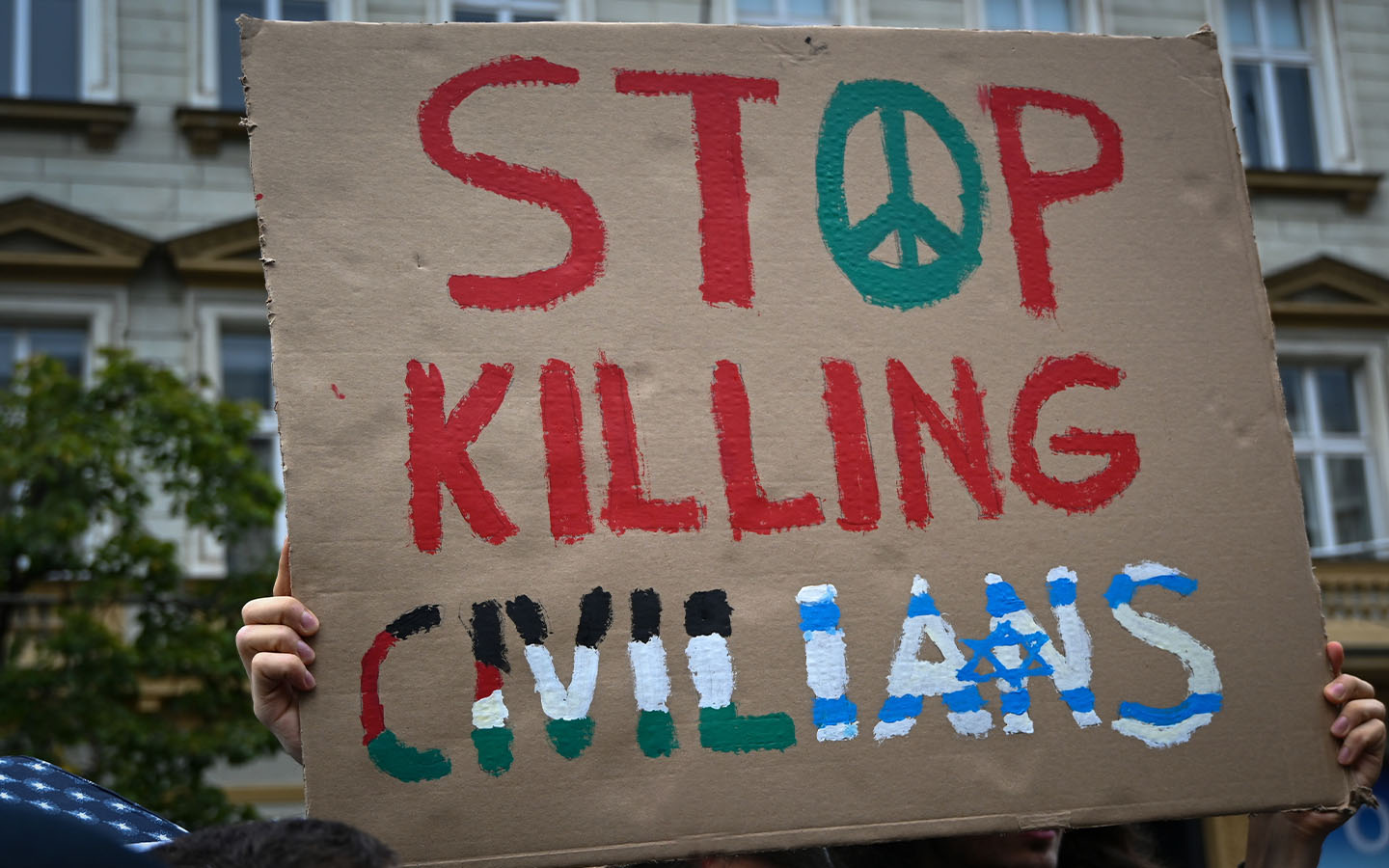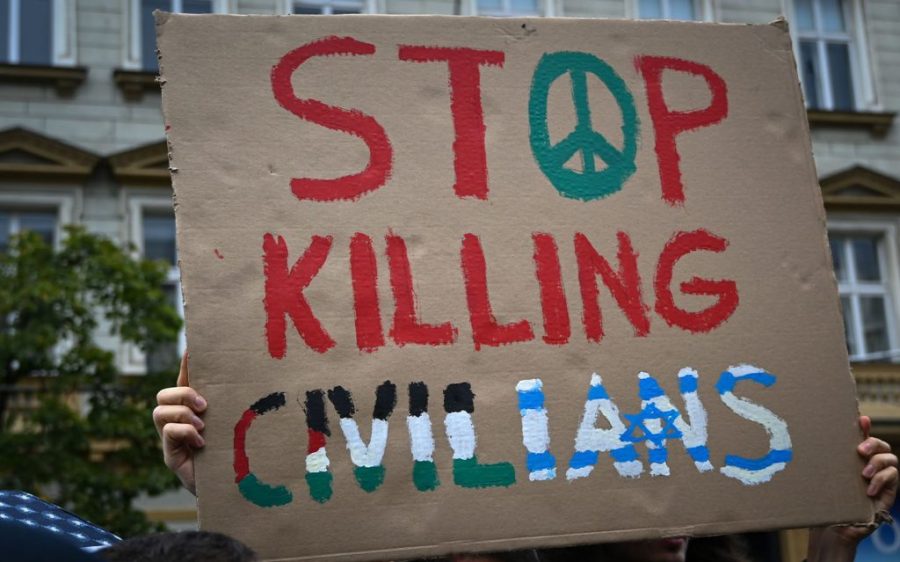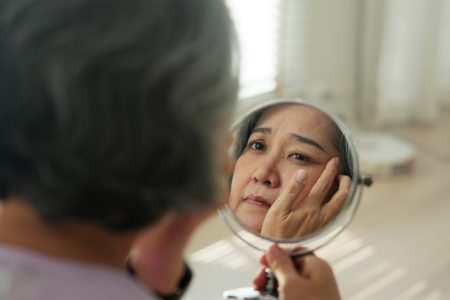The proportion of women killed in armed conflicts doubled in 2023, representing up to 40 percent of all civilian fatalities, according to the latest annual report on women, peace and security from the United Nations.
The international agency recorded at least 33,443 non-combatant deaths in armed conflicts last year, up 72 percent over 2022, with the majority (70 percent) occurring in the Middle East. The proportion of women and children killed doubled and tripled, respectively, driven in large part by Israel’s ongoing destruction of Gaza, where women and children account for nearly two-thirds of the over 40,000 fatalities reported. Meanwhile, UN-verified cases of conflict-related sexual violence increased by 50 percent globally, and victims reported struggling to access care in the aftermath, including emergency contraception.
“Women continue to pay the price of the wars of men,” Sima Bahous, executive director of UN Women, noted in the report. “This is happening in the context of a larger war on women. The deliberate targeting of women’s rights is not unique to conflict-affected countries but is even more lethal in those settings.”
[See more: Violence against women continues to rise in Brazil]
The report comes nearly a quarter century since the adoption of Resolution 1325, which among other things called on warring parties to ensure the safety of women and girls and for women’s full involvement in peace processes. UN Women, the lead agency on the report, called out the “increasing blatant disregard” of Resolution 1325 as a driver of the surge in death and violence.
That disregard may also be hobbling efforts to end conflicts. Women make up less than 10 percent of negotiators in the majority of peace talks worldwide, despite studies showing that their involvement leads to longer-lasting and better-implemented truces and armistices. Women negotiators in Yemen, for example, secured safe access to water for civilians and 49 female-led organisations in Sudan, the site of the worst displacement and hunger crises in the world, are pushing for more inclusive peace talks.
Their work, unfortunately, has gone largely unsupported or unrecognised in formal negotiations. The report says that must change, recommending an initial minimum target of women as one-third of participants in mediation, eventually reaching parity with men. It also calls for increased funding for organisations and movements supporting women’s rights as well as investments in gender-based violence prevention and response. Currently neither area receives even one percent of all humanitarian spending.






